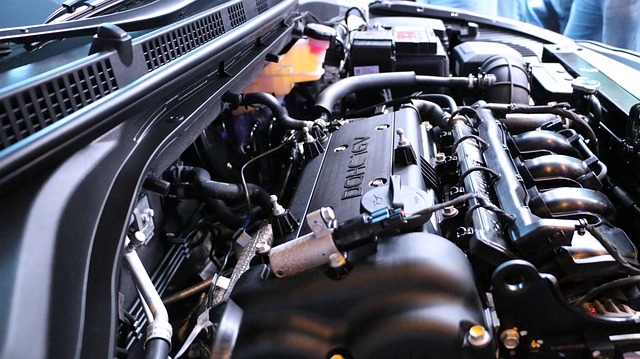Car title loan identity verification involves cross-referencing personal data from reliable sources like government records and third-party databases to prevent fraud and promote responsible lending. ITIN-based applications offer a simplified process for non-citizens, but require additional documentation. Lenders should integrate digital document verification tools, conduct thorough vehicle inspections, and maintain regular maintenance records to streamline the process, enabling quicker funding.
In today’s digital landscape, ensuring robust identity verification is paramount in the car title loan industry. This article explores the intricacies of Car Title Loan Identity Verification, focusing on applications based on Individual Taxpayer Identification Numbers (ITINs). We delve into the processes and challenges unique to ITIN-based verifications, offering best practices for streamlining and enhancing this critical step. By understanding these nuances, lenders can optimize their procedures, ensuring secure and efficient operations.
- Understanding Car Title Loan Identity Verification
- ITIN-Based Applications: Processes and Challenges
- Best Practices for Efficient Verification
Understanding Car Title Loan Identity Verification

Car Title Loan Identity Verification is a critical process designed to validate the authenticity and identity of applicants seeking car title loans. This robust verification method ensures that both the borrower and their vehicle are legitimate, reducing fraud and promoting fair lending practices. It involves cross-referencing personal information provided by the applicant against reliable data sources, such as government records or reputable third-party databases.
This verification process is particularly crucial when dealing with International Taxpayer Identification Numbers (ITINs), as it helps establish the borrower’s identity and citizenship status. By examining the vehicle collateral and ensuring a clear title, lenders can also assess the applicant’s financial health and ability to repay the loan, thereby facilitating responsible lending and managing risk effectively. Moreover, understanding these verification procedures is essential for borrowers to navigate the application process smoothly and secure favorable loan payoff conditions through competitive payment plans.
ITIN-Based Applications: Processes and Challenges

ITIN-based applications for car title loans present unique processes and challenges. Unlike traditional loan applications that rely heavily on credit scores and financial history, these applications primarily hinge on an Individual Taxpayer Identification Number (ITIN) to verify a borrower’s identity. The ITIN-based process streamlines the application journey, particularly for non-citizens or those without a Social Security Number (SSN). However, it introduces its own set of hurdles, such as requiring additional documentation to confirm the borrower’s residency and income.
The online application for Dallas title loans using an ITIN often involves several steps. Borrowers must first provide their ITIN and personal information. They are then directed to upload essential documents like a valid driver’s license or government-issued ID and proof of income, such as pay stubs or tax returns. This documentation is crucial in car title loan identity verification, ensuring the lender can accurately assess the borrower’s eligibility. The title loan process becomes more complex when dealing with ITIN applications due to the need for meticulous record-keeping and adherence to strict verification protocols to maintain compliance with regulations.
Best Practices for Efficient Verification

To streamline the car title loan identity verification process, especially for applications based on ITIN (Individual Taxpayer Identification Number), lenders should adopt best practices that balance efficiency and security. First, integrating digital document verification tools can significantly speed up the review process. These tools use advanced image processing and OCR (Optical Character Recognition) to validate identification documents like passports or driver’s licenses against genuine databases.
Second, conducting a thorough Vehicle Inspection is another crucial step, not just for assessing the car’s condition but also as a form of secondary verification. This can be achieved through remote inspections facilitated by video calls, where borrowers show their vehicles from various angles. Keeping your vehicle accessible during the loan period and ensuring regular maintenance records are updated can further simplify the verification process and facilitate quick funding.
Car title loan identity verification is a critical process that ensures responsible lending practices, especially when dealing with ITIN-based applications. By understanding the unique challenges posed by this demographic and implementing efficient verification methods, lenders can streamline their operations while mitigating fraud risks. Adopting best practices for identity confirmation not only strengthens security but also fosters access to financial services for all eligible borrowers. Effective car title loan identity verification is a cornerstone of a fair and inclusive lending ecosystem.






